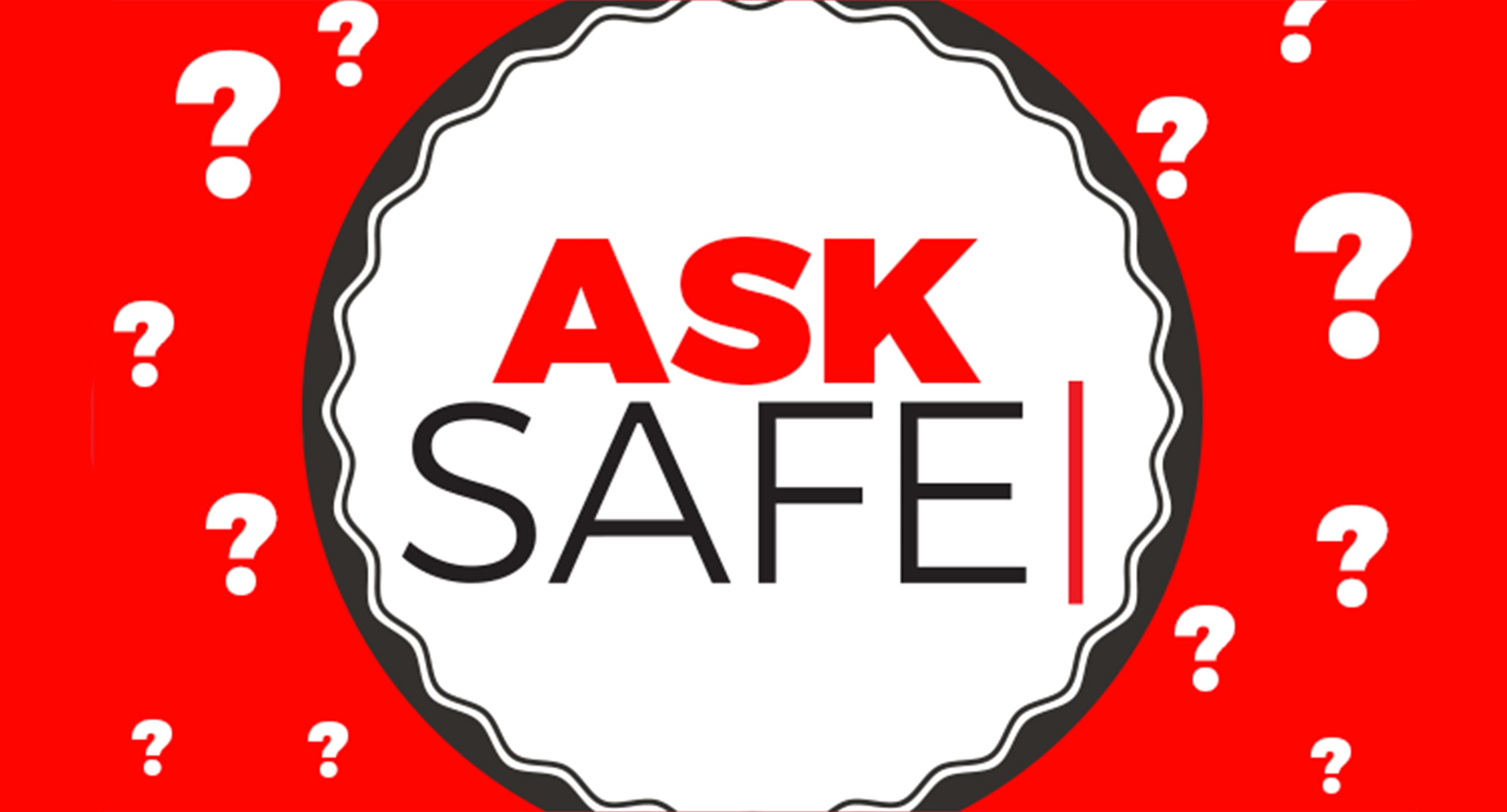Ask SAFE: How do you prepare your child for healthy relationships?
Written by Barri Rosenbluth
Whatever the age of your child, now is the time to prepare them for safe and healthy relationships. It’s never too soon or too late to start.
Here are some key developmental strategies for teaching your child to expect respect in all of their relationships.
Infants
Pay attention to how your baby responds to sensory stimulation. Does he prefer quiet voices, or is he equally comfortable in a noisy restaurant? Does she enjoy Grandma swinging her through the air, or does she look upset? Figure out what your baby likes and try to accommodate. This teaches your child that people who love them pay attention to how they feel — the first and most important lesson for future healthy relationships.
Toddlers
Don’t let your toddler hurt you or other children. It’s normal at this age for children to grab, pull, hit, or take something away from another child. This is your cue to show that hitting and grabbing are never OK.
Model gentle touch and words to express your feelings. Threatening or spanking a child gives the wrong message and does not result in improved behavior in the long run. In fact, children who are spanked are more likely to be aggressive toward others.
School age
Reason, negotiate, and provide choices and natural consequences. Empower your child to express their needs and to find mutually acceptable solutions when conflicts arise.
This is the training ground for future conflict resolution with peers and dating partners. If it is safe for your child to assert themselves with you, then they will develop similar expectations with other important people in their lives. Safe relationships at home mean never using or tolerating hurtful name-calling, put downs, or threats among family members.
Pre-teens
Notice how your child relates to his friends and look for opportunities to promote positive peer relationships. Don’t wait to be invited. Engage your child and their friends in conversation about how they are treating each other. Affirm kind and supportive gestures and confront behaviors like bullying and social exclusion that occur online and in person.
Help your child choose friends who treat them with respect and who speak up when someone is being mistreated. Your child’s future romantic relationships will mirror the quality of relationships in their peer group, so teach your child and their friends how to take care of each other.
Teens
We’re lucky as parents if we know when our kids start dating. Feel special if they ask us for advice.
It’s best not to make a big deal about it, but rather remain low key. For example, “Oh, you’re going to a dance, that’s nice.” Then, take your cue from them.
“Do you need a corsage? A ride? A condom?”
Remind them to communicate assertively, respect other people’s boundaries, and to always ask for consent before doing anything physical or sexual with another person. Finally, get to know their dating partner—your child should have the opportunity to see how this person relates to you and other members of the family.
Barri Rosenbluth is the Senior Director of SAFE’s Expect Respect program and has two grown children.